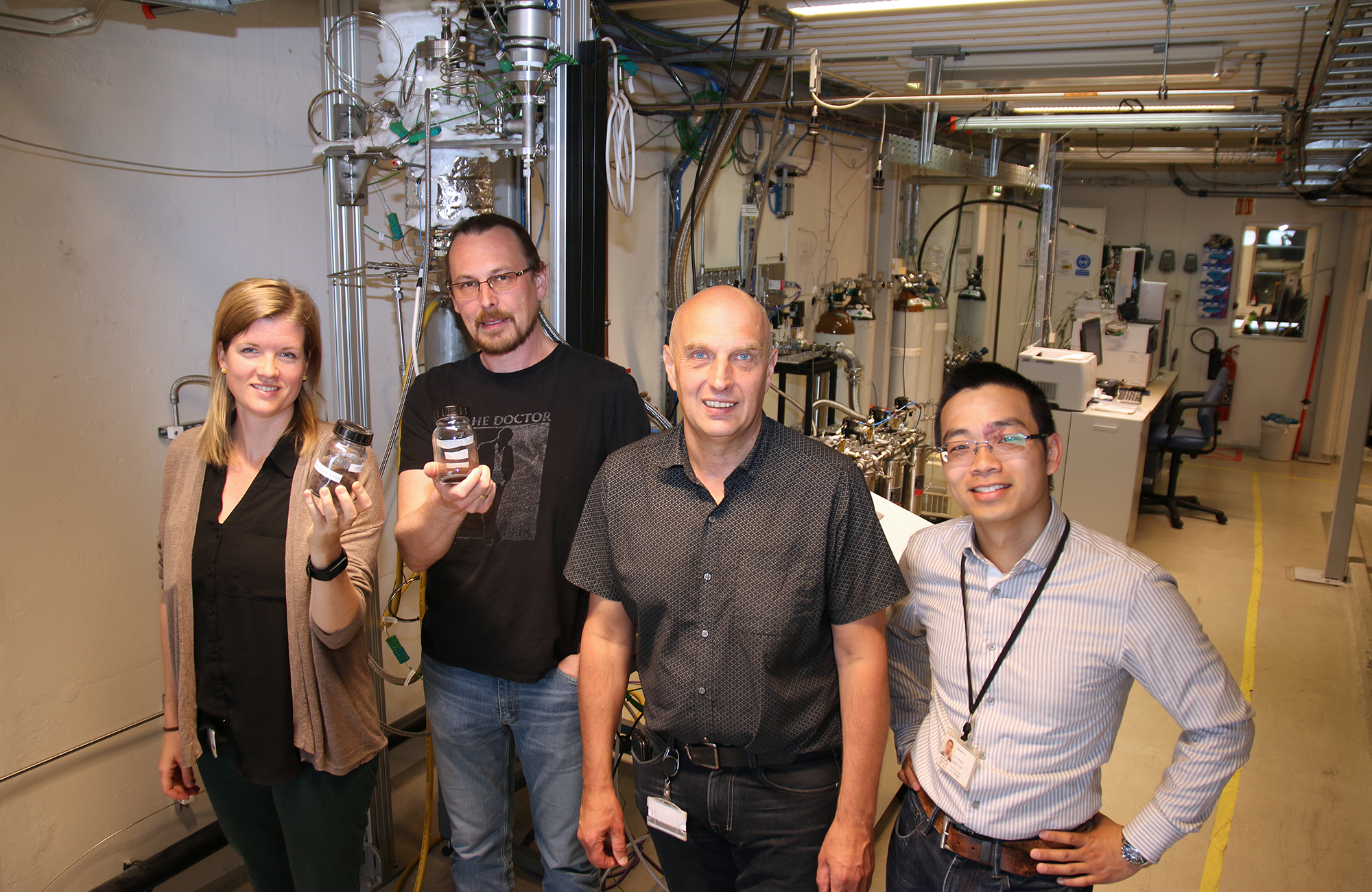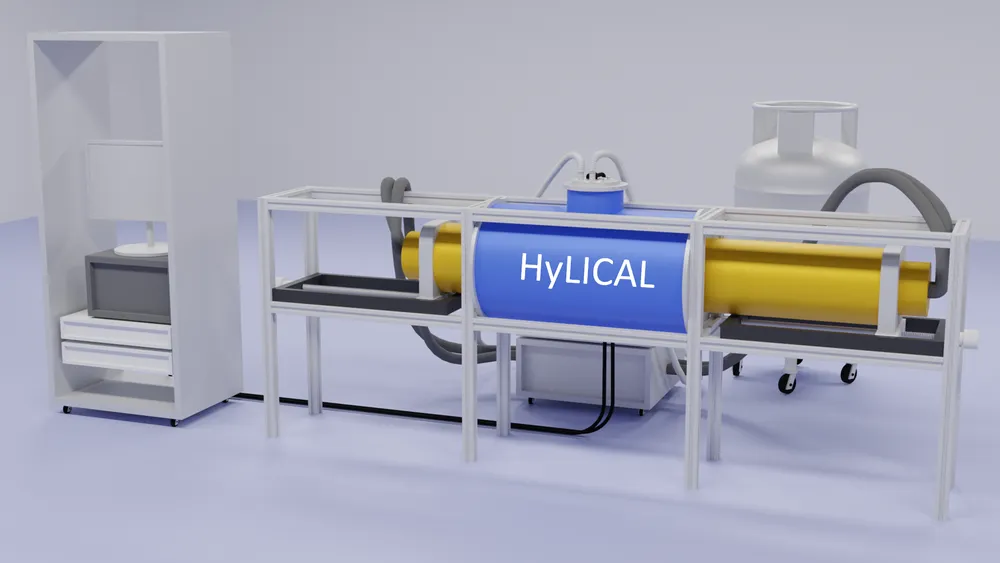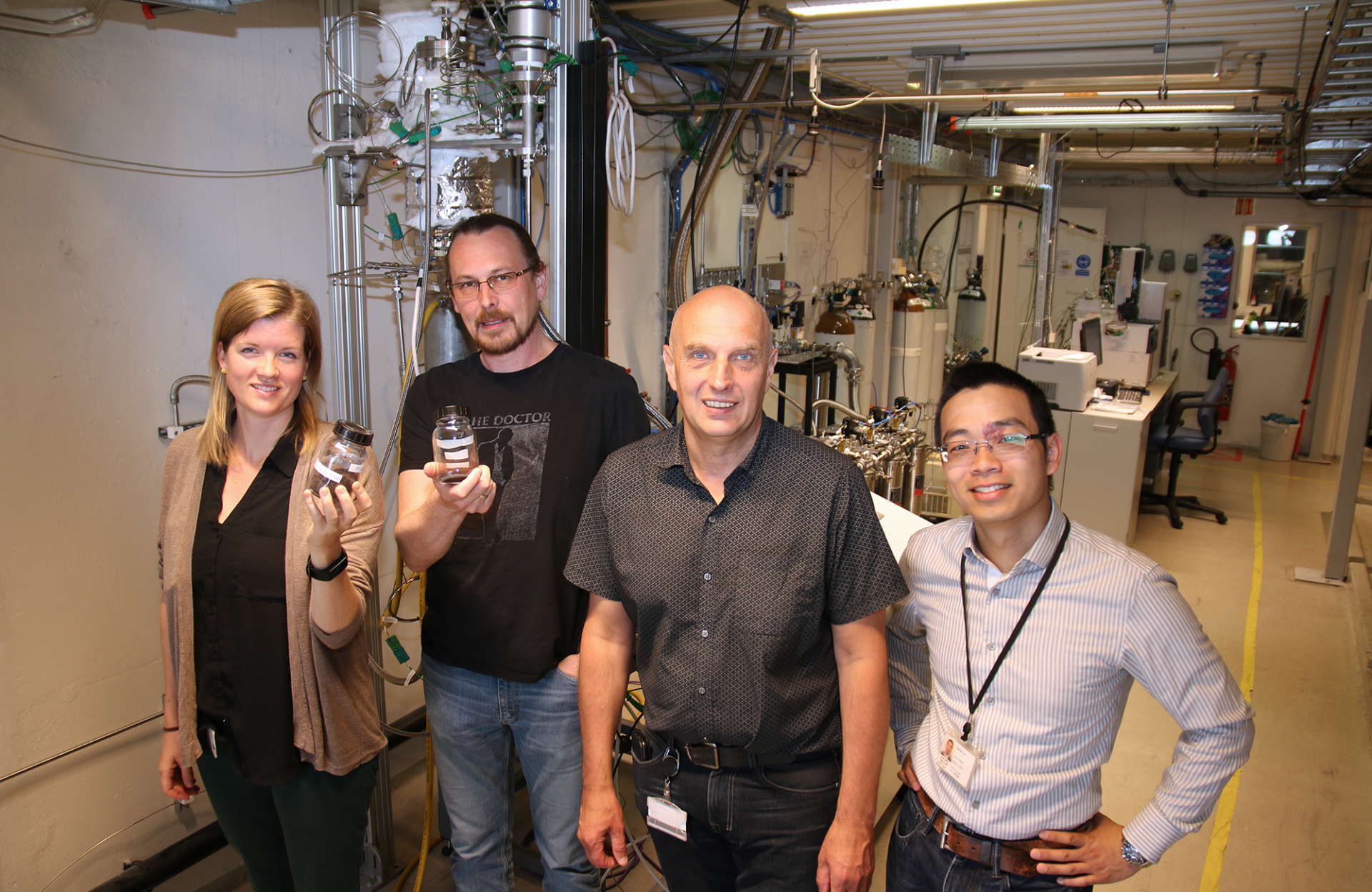The result is a hybrid battery several times more powerful than conventional batteries, with lightning fast charging and discharging nearly unlimited number of times.
Now Beyonder receives three million Norwegian kroner for the further development of the technology. The goal is to make a new type of silicon composite used in central elements of the battery, where the ability to store and lead electricity will be substantially improved compared to existing materials. IFE is the only research partner in this project, which is funded by the Regional Research Fund Vestlandet.
– This is an important milestone in our collaboration with Beyonder, says Hallgeir Klette, senior engineer at IFE.
Batteries that combine great power and storage capacity with the ability to repeatedly charge cycles will be attractive for, among other things, heavy transport, hoisting cranes and ships. According to Beyonder, they will also be particularly suitable for the wind power industry. They can store excess power when production exceeds the energy demand, and trigger power when the wind drops again, so that “fluctuations” as the wind varies can be smoothed out.
The technology has previously been featured on IFE’s web, see link to article.

Head of department Hanne Flåten Andersen, senior researcher Alexey Koposov, senior engineer Hallgeir Klette and researcher Samson Lai in front of the reactor they use to produce silicon powder. This powder is part of the Beyonder’s hybrid battery.
For more information please contact:
- Hallgeir Klette, senior engineer IFE, mob. +47 995 11 596, email hallgeir.klette@ife.no
- Hanne Flåten Andersen, Department head IFE, mob. +47 936 23 173, email hanne.andersen@ife.no
- Svein Kvernstuen, CEO of Beyonder, mob. +47 415 11 511, email svein@beyonder.no
Facts/background
- The collaboration project’s name is SILICAP
- The aim is to develop Norwegian high-power battery cells
- IFE has more than 10 years of expertise in stable nano silicon materials for use as anode in lithium ion batteries, and Beyonder has built up expertise and technology on an active carbon cathode made of wood chips for use in super capacitors.
- The new type of battery cells also has an environmentally friendly advantage over today’s solutions, as this technology is cobalt-free. Cobalt is a material that has environmental challenges both in terms of extraction and waste management and is commonly used in many conventional battery types.
Related news
-

29. January 2025
New Discovery in the Arctic Ocean: Borealis Mud Volcano
The Borealis Mud Volcano, a recently discovered underwater structure in the Barents Sea,…
-

15. February 2023
Game changer for zero emission transport – HyLICAL
The EU-project HyLICAL has been granted close to 5 M€ from the Clean Hydrogen…
